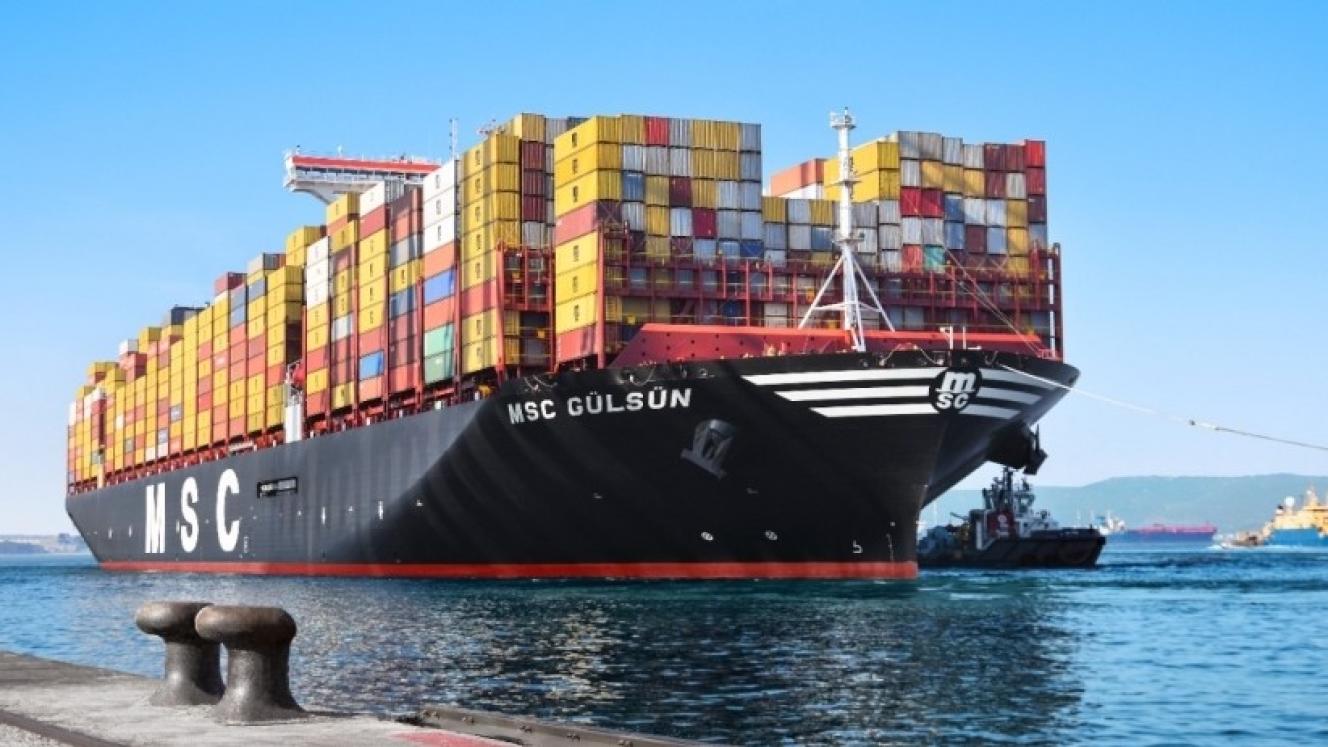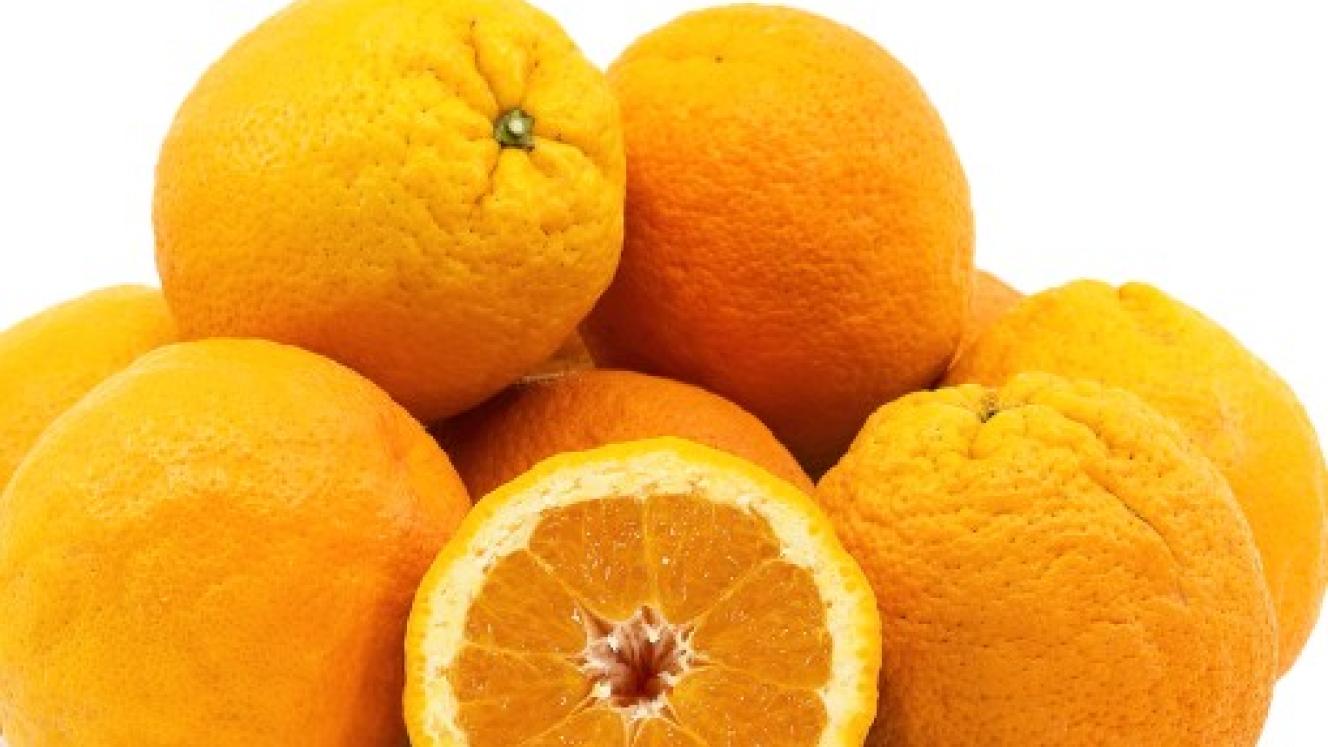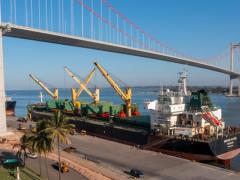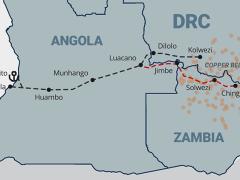Linernet has confirmed what Transnet Port Terminals (TPT) has asserted, that South Africa’s ports have recorded a significant increase in reefer volumes, although the maritime consultancy’s measurement is lower than the 19% reported earlier this week.
The state-owned logistics utility said it had wrapped up the citrus export season with a 19% year-on-year (y-o-y) increase.
According to Linernet’s data-aggregating platform, Tradesight, year-to-date (YTD) data as of the end of September show that reefer volumes are up 12.21%, based on Transnet figures.
Linernet’s Lance Pullan added that “there has been a noticeable increase in volumes to North America this year with a 32.25% YTD y-o-y improvement”.
A likely reason for the spike in volume handled for fruit heading to the US is front-loading, a strategy often deployed to mitigate supply chain upsets such as the US administration’s 30% tariff imposition on certain South African exports, including citrus.
Although there’s no confirmation that exporters ramped up volume ahead of tariffable shipments, Pullan said the data spike in cold-chain cargo to the US was most likely related to the duties.
“It will be interesting to see what happens with next year’s citrus season – especially with the changes to the AMEX service.”
As of October 1, the American Express service has technically ceased to exist – all be it in name only – because of Maersk pulling out of the 2M vessel-sharing arrangement it had with Mediterranean Shipping Company.
However, whereas the Danish line informed shippers that it was henceforth sailing to America’s East Coast from SA via West-European ports, MSC announced earlier this year that it would maintain direct services to the US.
MSC added at the time that this was despite the Trump administration’s tariffs and resulting costs on South African exports.













